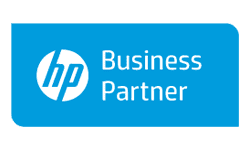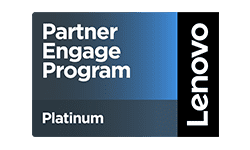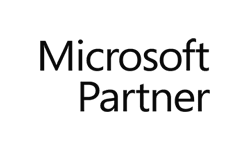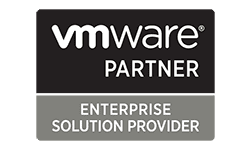What is ITSM and Why is it Important to Your IT?
Increase Speed and Quality of Service with Information Technology Service Management Frameworks
Editorial Team
6 Min Read
Information technology service management (ITSM) is a set of processes and activities that manage a company’s information technology services. Establishing effective ITSM practices enables businesses to improve service, increase efficiencies, ensure greater compliance, and deliver value more quickly. Besides providing benefits to an information technology department, ITSM principles can enhance the overall operation of an entire organization.
What Is ITSM?
The concept of ITSM focuses on the methods and processes companies use to manage the end-to-end delivery of IT services to their customers. ITSM involves all elements of information technology management, from design and implementation to deployment and support. One of the primary objectives of ITSM is to improve services to meet business goals and expectations.
ITSM ensures companies have optimal technology, processes, and employees to achieve their long-term objectives. It improves the speed and quality of service delivery while maximizing customer satisfaction. Besides using ITSM services for coordinating and supporting their IT systems, some businesses incorporate it to manage processes across their entire operation.
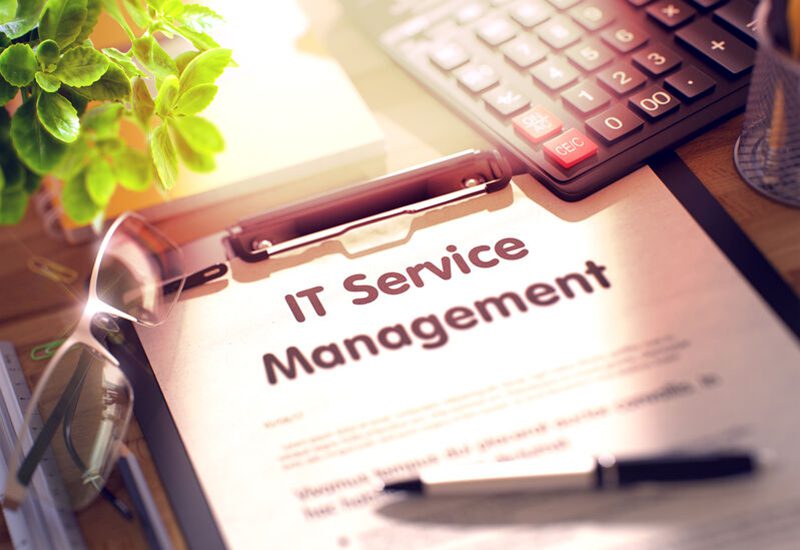
ITSM vs. ITIL vs. DevOps
Choosing the proper IT framework requires careful research, analysis, and collaboration. Understanding the differences between various frameworks can help organizations determine which platform is best for their needs. Three popular terms used when discussing information technology are ITSM, ITIL, and DevOps. While ITSM is an umbrella term, ITIL and DevOps are particular types of ITSM frameworks.
- ITSM: ITSM is a strategic IT management approach that focuses on providing value to customers. ITSM defines the responsibilities and roles of each employee within an IT department. Optimal ITSM achieves cost savings, improved productivity, and increased customer satisfaction.
- ITIL: ITIL provides value by aligning IT resources with a customer’s specific needs. It involves detailed process descriptions, flows, success factors, metrics, and implementation guidance that companies can customize to perform in their respective environments. With the current ITIL 4 release in 2019, ITIL has improved significantly since its inception in the 1980s.
- DevOps: Unlike ITIL, which focuses heavily on customer satisfaction, DevOps is a framework that combines processes and tools to improve a company’s ability to deliver products at a fast pace. Its name combines the principles of development and operations. The main goal of DevOps is to create quick delivery, reduce expenses, shorten developmental cycles, and enhance coordination between departments.
The Importance of ITSM
ITSM allows businesses to establish procedures and processes that optimize the use of information technology and the services that stem from it. ITSM encompasses everything that falls under the IT umbrella, from incident resolution to the implementation, operations, and management of software and hardware. It allows companies to understand the potential of using technology to achieve more meaningful goals.
The critical importance of IT service management results from aligning a company’s strategic objectives with optimal IT services. ITSM also focuses on delivering value to internal processes and customers, with primary targets that include:
- A procedure-oriented, proactive approach to service management.
- Improved alignment with business needs and objectives.
- The continuous addition of new capabilities that generate user satisfaction.
- Transformation driven by the use of IT tools that allow next-generation innovation.
ITSM Benefits
By adopting effective ITSM processes, policies, and procedures, organizations can:
- Increase efficiency: Improving efficiency means maximizing the resources a company has available. ITSM offers various components that help organizations make the most of their information technology resources. For organizations using ITIL, processes for continuous service improvement result in some of the highest gains in efficiency.
- Manage change: When companies poorly plan and test prospective changes, they risk causing a significant business interruption or service decrease. ITSM’s change management process ensures a company can implement new changes to the IT environment while limiting the risk of damage.
- Reduce costs: As some companies grow, they must hire infrastructure and operational staff to keep pace with process changes. ITSM includes automated features that help reduce workloads, so this approach can help businesses scale their operations without hiring excessive employees.
- Ensure accountability: Creating accountability through service standardization is one of ITSM’s most defining features. It helps businesses improve compliance with IT procedures and policies for delivering services by implementing functions like a technical support help desk. It also monitors organizational network activities to detect company policy violations.
- Improve visibility and transparency: Visibility refers to the capability of key personnel to see what’s happening in other areas of a business. The lack of visibility into a company’s IT operations can significantly damage functionality. By implementing ITSM, a business can prioritize the most critical activities.
Examples of ITSM Services
One of the most common examples of an ITSM solution is an IT self-service service desk. Services like these often use chatbots and other virtual agents in the lower support levels to eliminate the need for employee involvement. Self-service helps customers access stored knowledge and complete requests quickly and easily, reducing costs and developing a company’s IT capabilities.
Self-service features use data stored in a knowledge database to address a customer’s needs. Self-service service desks can help create tickets, provide answers to frequently asked questions, and decrease call time to the live service desk.
Some typical examples of a self-service help desk in action include:
- Providing details to reset a password.
- Offering advice on increasing slow network speeds.
- Detailing instructions on how to generate a ticket.
- Providing extensions to a direct line.
Knowing Whether ITSM Is Right for Your Business
Defining your expectations ahead of time is critical in determining whether ITSM is right for your company. With a goal in mind, you can work backward to identify which ITSM practices can help achieve those outcomes. Some of the steps in defining your organization’s ITSM goals might include:
- Evaluating company needs: Once you have determined a set of objectives, you can establish what you need from an ITSM platform. Some common objectives involve increased profit, improved customer satisfaction, growth in customer base, or a reduction in IT-related costs.
- Identifying a starting point: Building on an existing approach is much better than starting at the bottom. Even if you don’t have a defined system, consider how you handle customer inquiries presently. Identifying your needs provides a roadmap to the ITSM practices that can serve as your foundation.
- Documenting existing processes: When you document your current processes and establish whether your company follows them, you’ll have a better idea of what ITSM can do for you. From there, you can visualize the path you want to take to achieve your goals. Some keys to success include making gradual improvements, assessing your changes, gathering feedback, and making additional adjustments when needed.
Contact GDC for Help With Your IT Challenges
GDC is an industry leader in helping businesses implement ITSM services that reduce costs, increase efficiencies, and enhance the overall customer experience. We offer a no-obligation assessment to help identify potential improvement areas for your company and establish a strategy.
Connect with us online today or call (866) 966-4562 to learn more.

